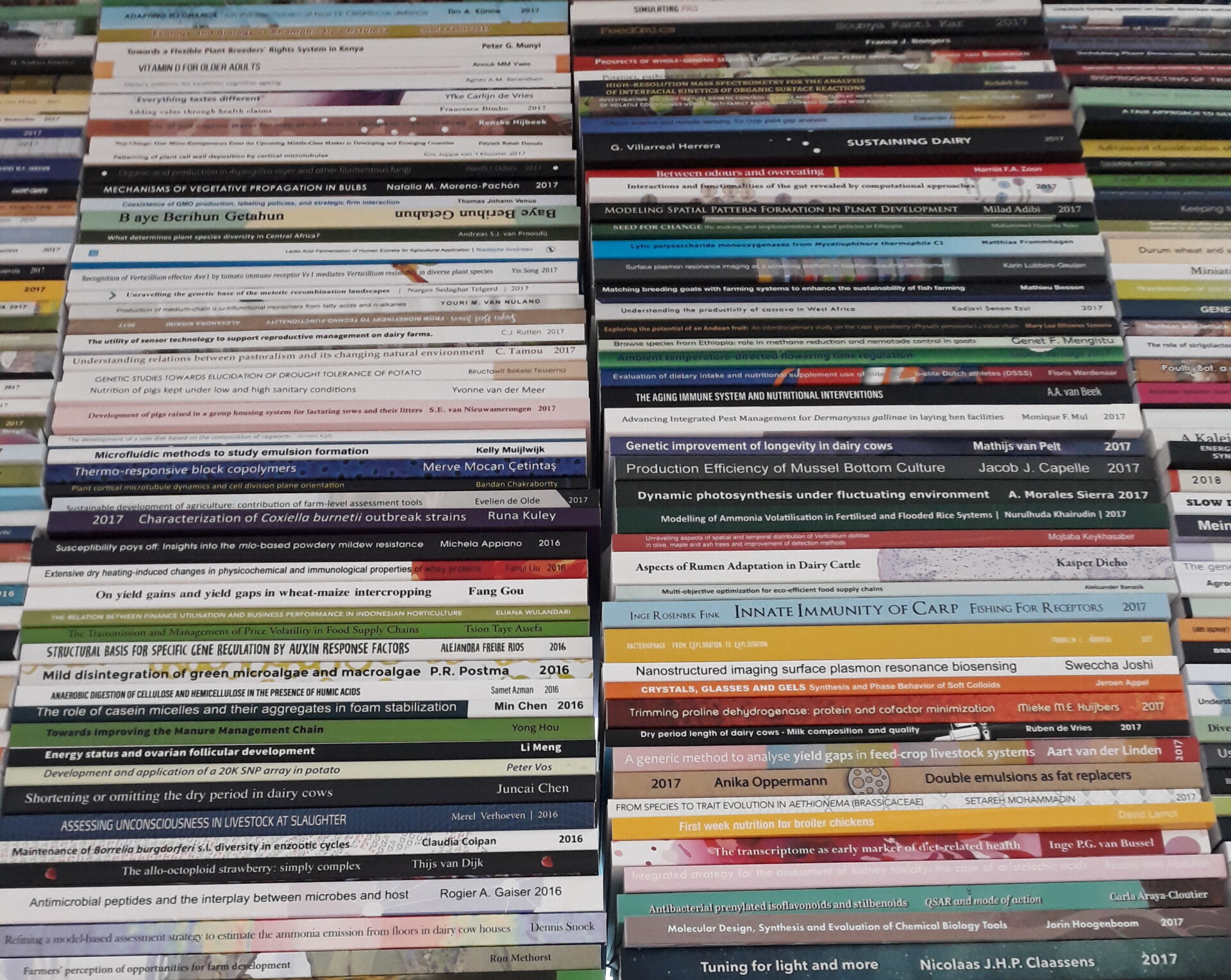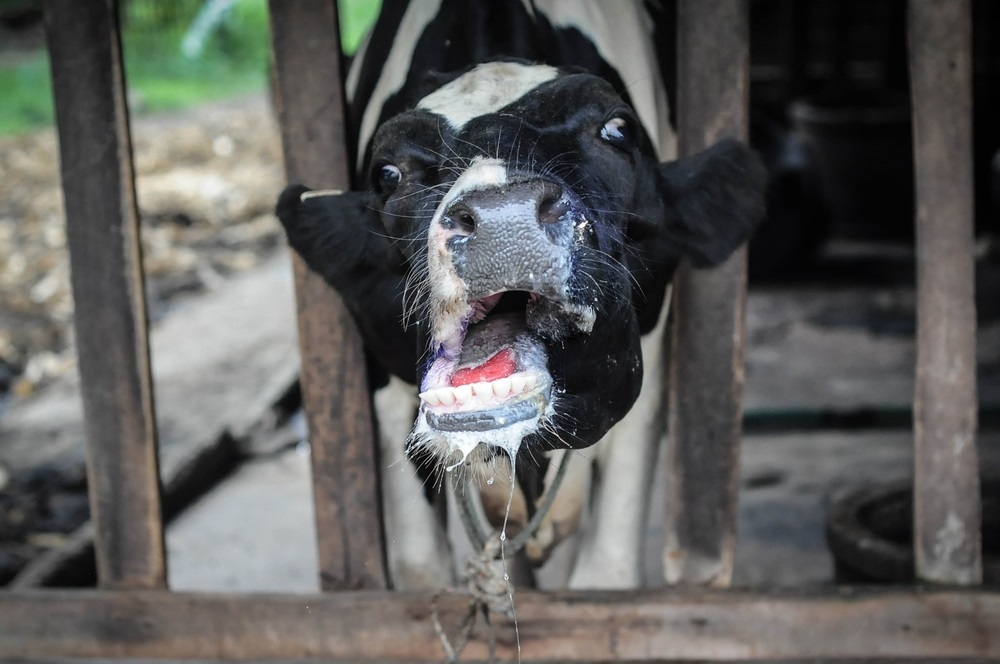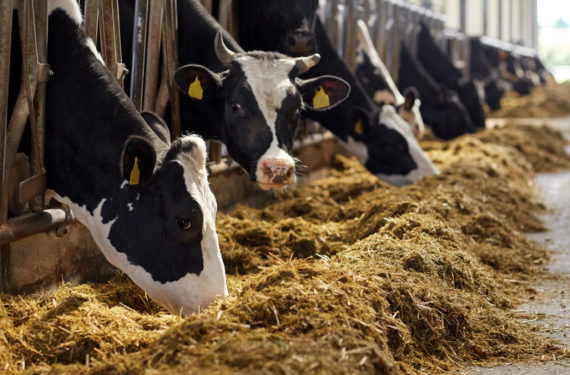More than 250 PhD students receive their PhDs at WUR every year. It is impossible to describe and summarize all these theses. In the column ‘PhD theses in a nutshell’ the selection of our science editors is briefly presented.
Caught out!
Ships’ engines emit polluting nitrogen oxides, for which rules have been laid down. But how can you find out whether a ship in the middle of the ocean is sticking to the rules? Christoph Riess, a German PhD candidate, successfully uses satellite images to examine the fumes from ships for nitrogen oxides. With some unexpected results. It turns out that newer ships actually emit more nitrogen oxides per horsepower than older ones. So the rules need revising, says Riess.
Spaceborne monitoring of nitrogen oxides emissions from ships with TROPOMI.
Christoph Riess. Supervisors Wouter Peters and Folkert Boersma
Drunken flatworms
Some of us can take our drink better than others, and why that is, nobody knows. It is clear that genetics play a role in it. PhD candidate Marijke van Wijk used wild strains of the roundworm C. Elegans to study this. Just like humans, C. Elegans reacts strongly to alcohol. A drunken roundworm crawls differently to a sober one. Van Wijk identified several places on the genome of the worm that are related to that motor effect. Genetic differences are also behind the fact that some worms break down alcohol faster than others. The effects of that appear to be hereditary too.
From alleles to adaptation.
Marijke van Wijk. Supervisor Jan Kammenga
Less methane
Cows produce relatively large amounts of the greenhouse gas methane. So sustainable agriculture benefits from breeding livestock that emits less methane. PhD candidate Anouk van Breukelen studied the potential for this. Sustainable breeding starts with a method of selecting cows for their methane output. She has demonstrated that a ‘sniffer’ that detects the gas in the breath during feeding does the job. She has also shown that breeding for reduced methane emissions does not preclude breeding for other desirable (production-related) characteristics. That is good news for the farmers. Time to get to work, then.
Breeding climate smart dairy cattle.
Anouk van Breukelen. Supervisor Roel Veerkamp



